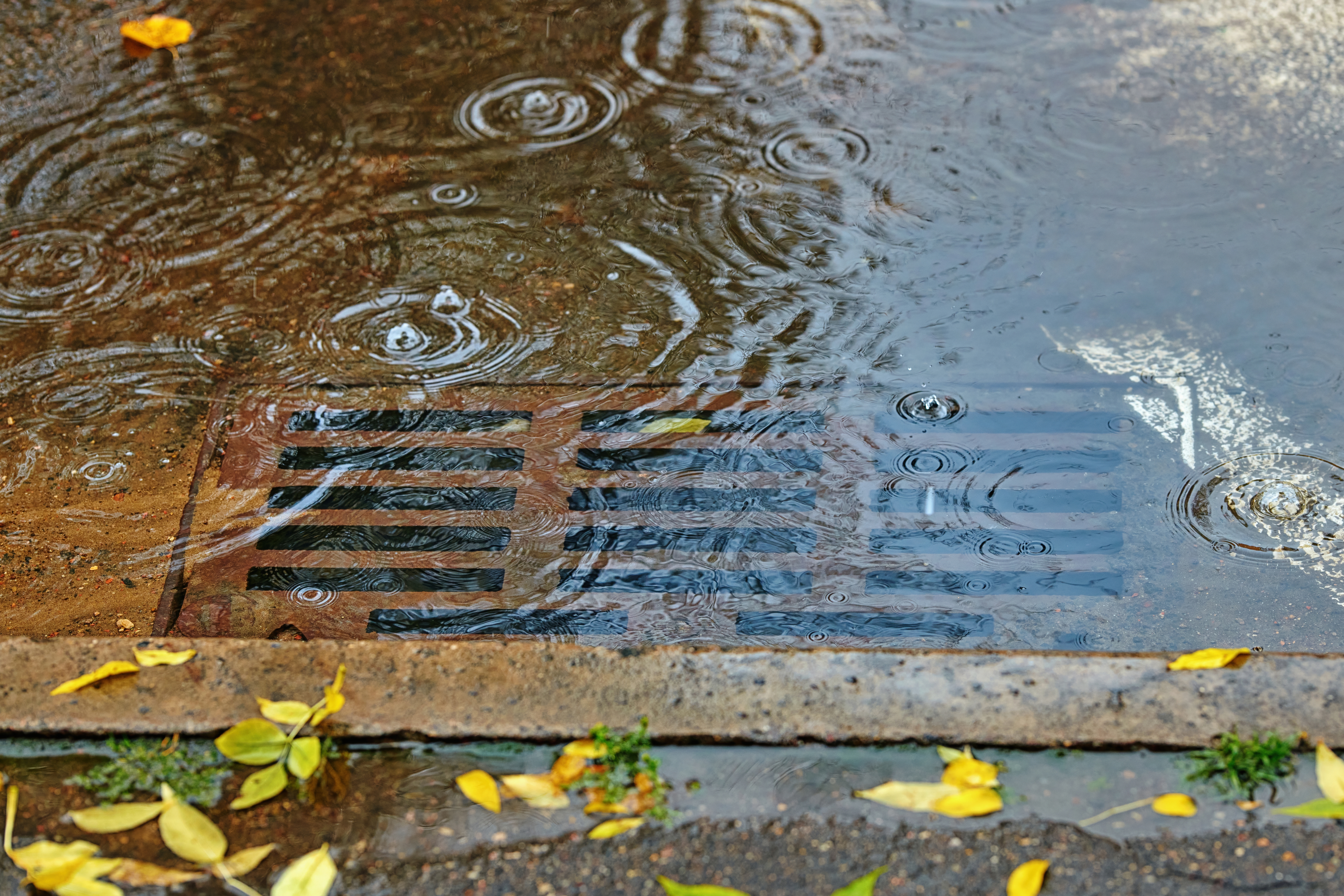Experience relaxation and peace in your Berkeley Heights backyard with our proven mosquito control solution. Trusted by families in Berkeley Heights, our innovative approach not only repels mosquitoes but also establishes a durable barrier customized to your outdoor environment. Mosquito Shield of East Central New Jersey is dedicated to creating mosquito-free zones, so you can enjoy your outdoor spaces without interruption.
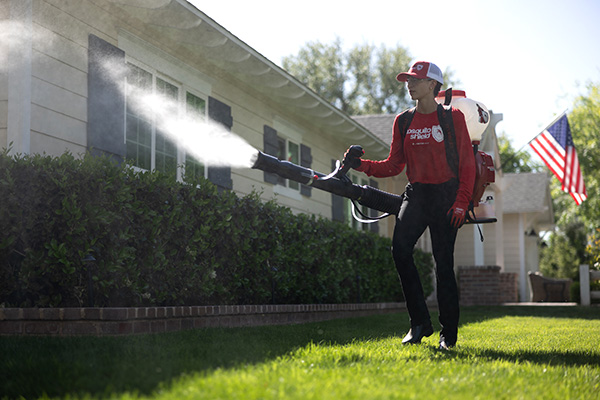
Effective mosquito control in field, Berkeley Heights NJ, that drives mosquitoes away and keeps them out of your yard.

Enjoy mosquito-free outdoor time in Berkeley Heights with treatments designed to provide lasting results.
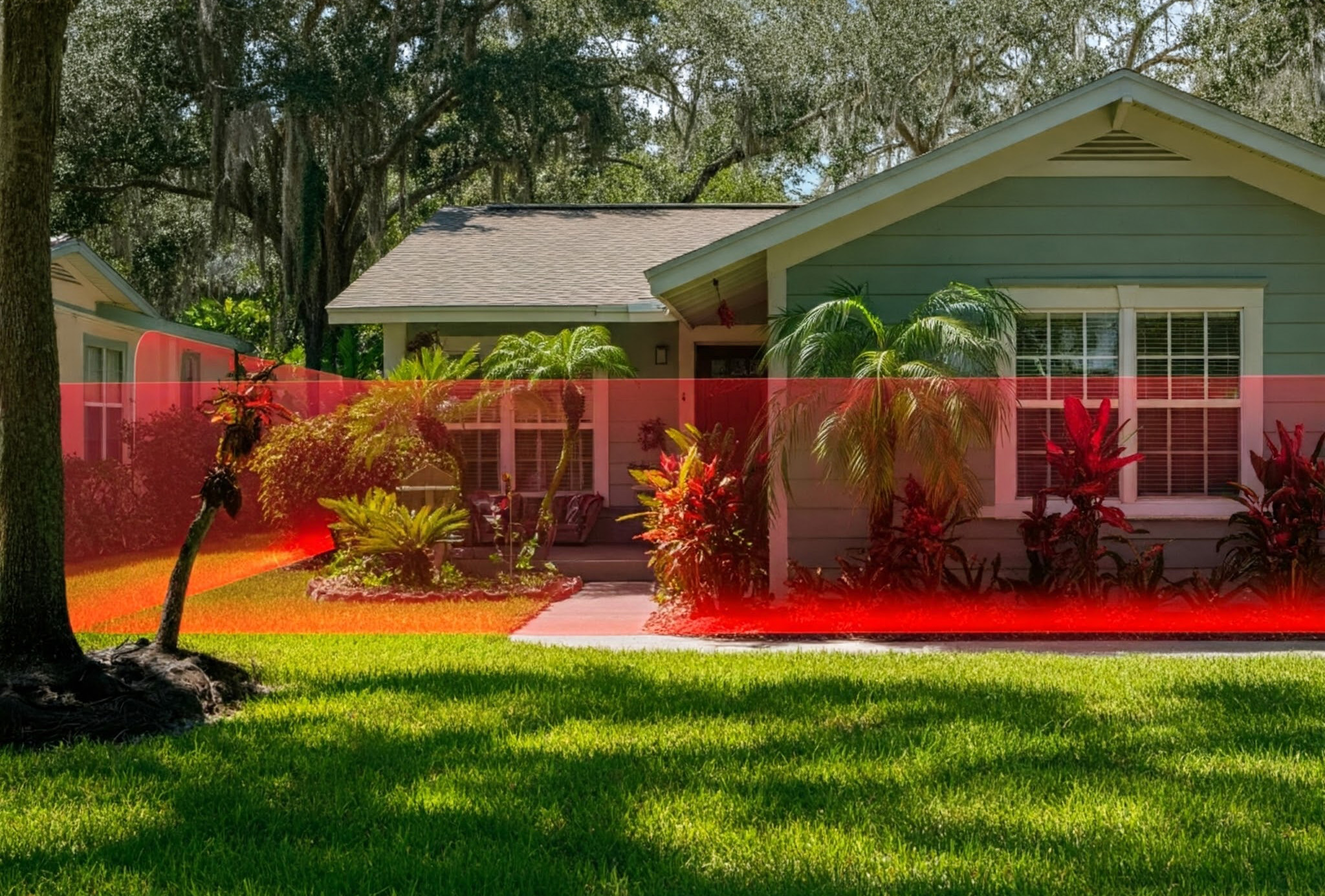
Highly rated mosquito control services in Berkeley Heights, trusted by residents to enhance outdoor living.
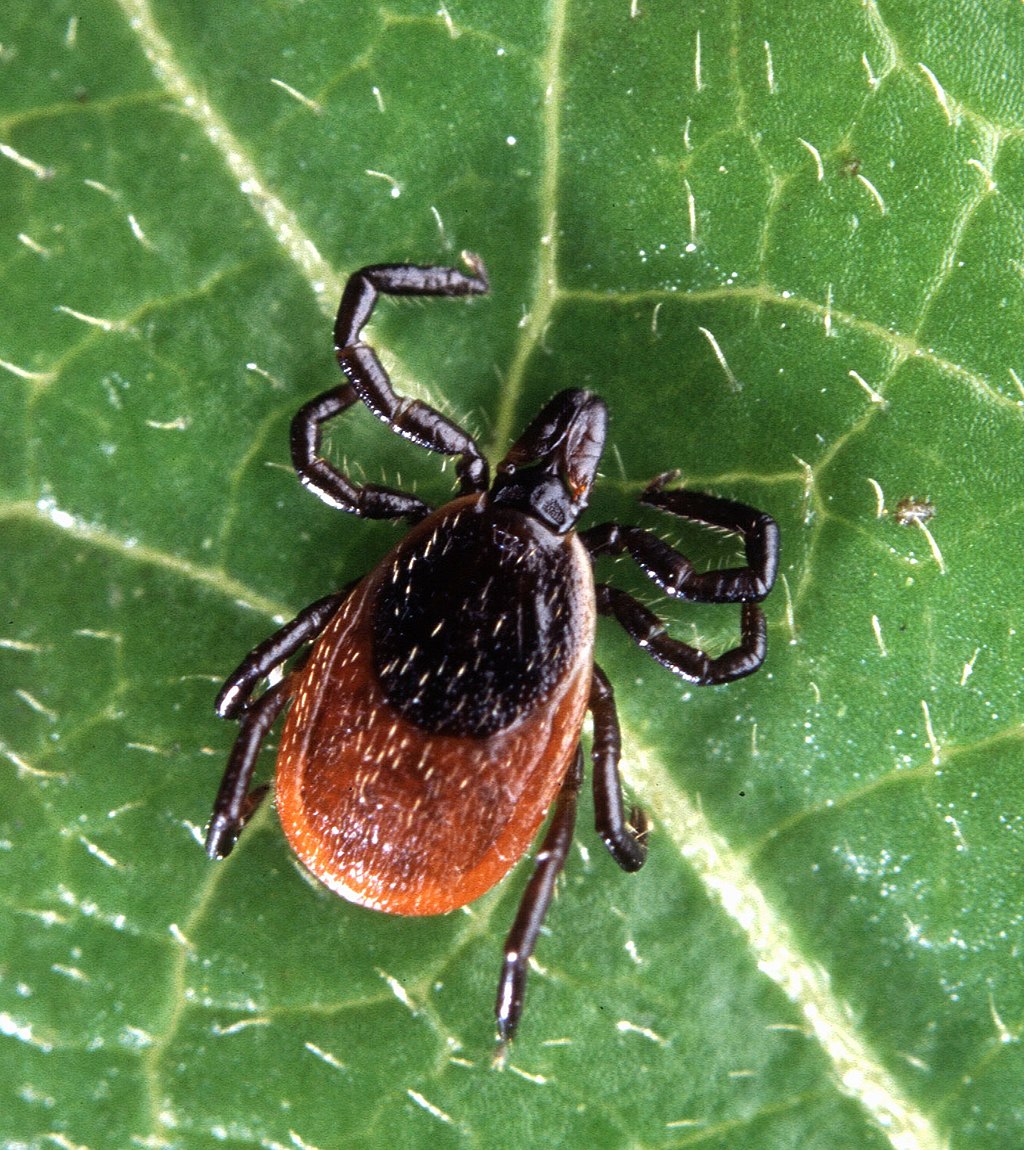
Adult deer ticks are about the size of a sesame seed, with females showing a reddish-brown body and a dark shield behind the head. Nymphs and larvae are smaller but still capable of spreading disease. They thrive in wooded areas, tall grasses, and leaf litter, and can also be found in shaded yards and gardens near tree lines. Deer ticks in East Central NJ are the main carriers of Lyme disease and can also spread anaplasmosis, babesiosis, ehrlichiosis, and Powassan virus.
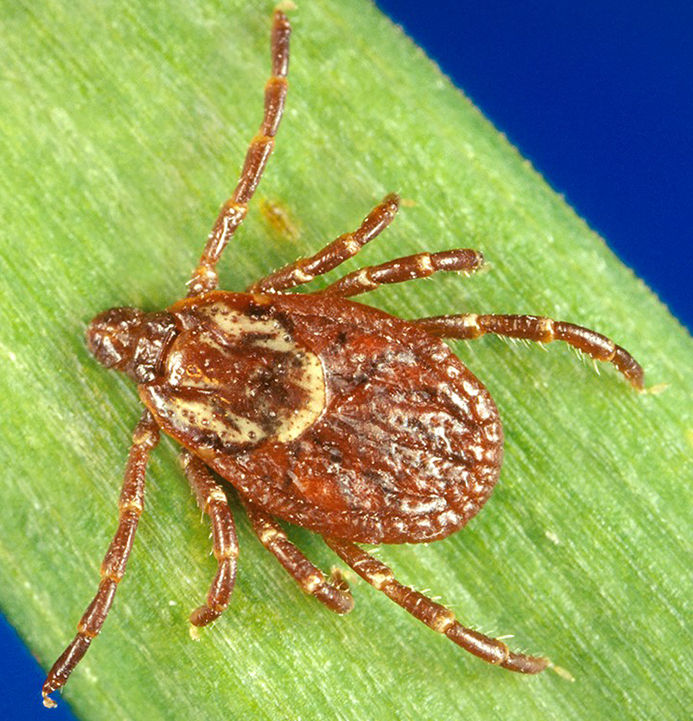
Larger than deer ticks, with reddish-brown bodies and distinctive white or silver markings on their backs. Females can swell to the size of a pea when engorged. Found in grassy fields, along hiking trails, and in open wooded spaces, they are often near recreational areas and residential yards. They do not transmit Lyme disease but can carry Rocky Mountain spotted fever and tularemia. Their bites can cause irritation or infection if not removed promptly.
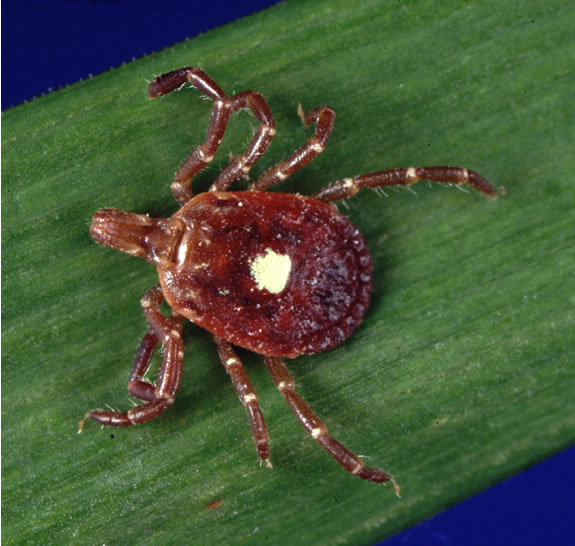
Medium-sized ticks with females easily identified by a single white dot on their backs; males have faint edge markings. While less common in East Central NJ, their range is expanding. They prefer warm, wooded habitats with dense underbrush, often along deer trails. Lone Star ticks are known for their aggressive feeding behavior and can transmit illnesses such as ehrlichiosis, tularemia, and Heartland virus. They have also been linked to alpha-gal syndrome, which can trigger red meat allergies.

From backyard barbecues to playgrounds wasps are quick to crash the party in East Central New Jersey. You’ll most often spot them in late spring through fall, building nests under eaves, behind shutters, and even underground. Around here, yellowjackets, paper wasps, and bald-faced hornets are the most common offenders. And while they play a role in pest control, their aggressive behavior makes them a top concern for families and outdoor spaces.
Why Wasps Are a Problem in East Central NJ:
Attracted to food, drinks, trash bins, and sweet-smelling flowers
Known to sting repeatedly when provoked
Nests often hidden in high-traffic areas like decks and doorways
At Mosquito Shield of East Central New Jersey, we locate and treat existing nests while also applying preventive treatments to discourage future activity. Our wasp treatments are focused on hot spots around your home’s exterior, with attention to overhangs, gutters, and other nesting zones. We’ll help you reclaim your yard without fear of painful stings.
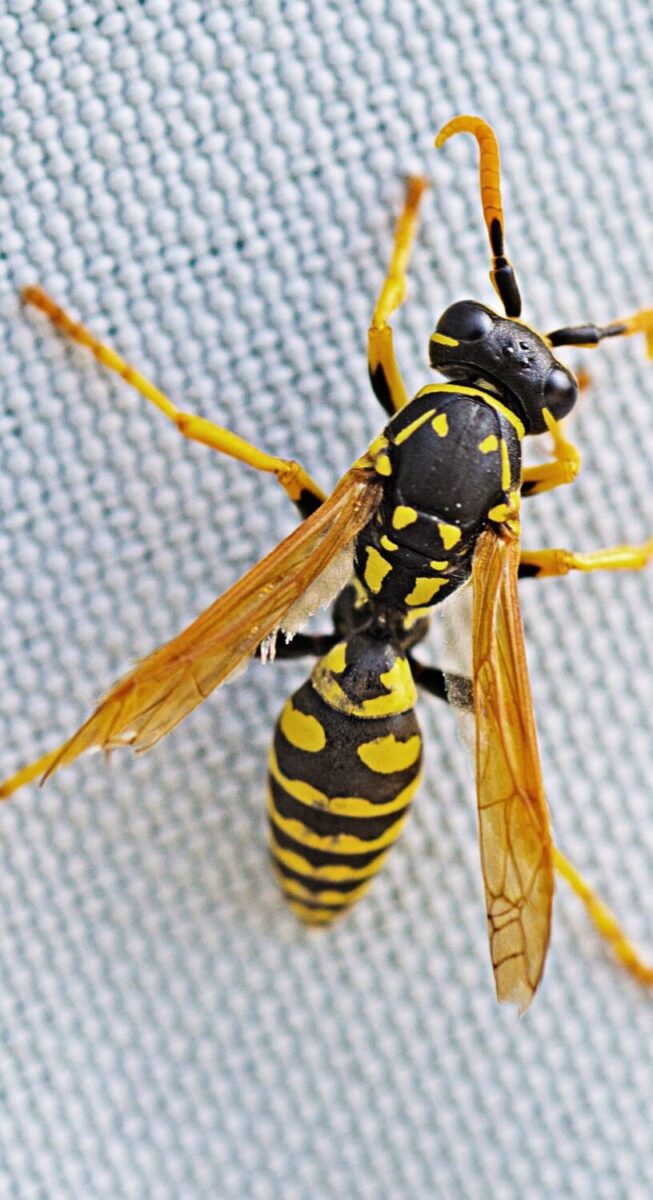
Carpenter bees can be a real menace in East Central NJ. Unlike termites, they don’t eat wood, but they tunnel into it to create nests. You’ll usually find them hovering around exposed wooden surfaces like fascia boards, porch railings, or deck posts—especially in spring and early summer.
Signs of Carpenter Bee Activity:
Perfectly round holes in exposed wood
Sawdust piles beneath entry holes
Persistent hovering males guarding nesting spots
Carpenter bee damage isn’t just cosmetic—over time, it can weaken structures and even attract woodpeckers, which cause even more destruction. Our exterior treatments target carpenter bee nesting areas, including soffits, trim, and unfinished wood, to disrupt their boring behavior and protect your property long-term.

Berkeley Heights, New Jersey, is a picturesque township in Union County, celebrated for its lush landscapes, top-rated schools, and strong community atmosphere. Nestled near the Watchung Mountains, the area offers a perfect balance of small-town charm and natural beauty, with access to outdoor destinations like Watchung Reservation, Passaic River Park, and Columbia Park. However, its wooded surroundings, seasonal rainfall, and abundance of green space also make it an ideal environment for mosquito and tick activity, especially during New Jersey’s warmer months.
Berkeley Heights’ mix of tree-lined neighborhoods, creeks, and backyard gardens creates prime conditions for mosquito populations to thrive if left untreated.
Residents of Berkeley Heights face seasonal risks from mosquito-borne illnesses like West Nile Virus and Eastern Equine Encephalitis (EEE), as well as tick-borne diseases such as Lyme disease and Anaplasmosis, which are common in wooded and brushy areas throughout Central and Northern New Jersey. These health concerns highlight the importance of routine pest prevention efforts across the community.
To address these challenges, Berkeley Heights promotes best practices such as:
Removing standing water from yard features, gutters, and containers.
Encouraging routine mosquito and tick treatments for homes, parks, and community green spaces.
As a trusted mosquito control provider, we work with Berkeley Heights residents and property managers to provide targeted treatments and expert advice that help minimize mosquito and tick populations. With ongoing professional support and community awareness, Berkeley Heights remains a safe and enjoyable place to live, work, and play.
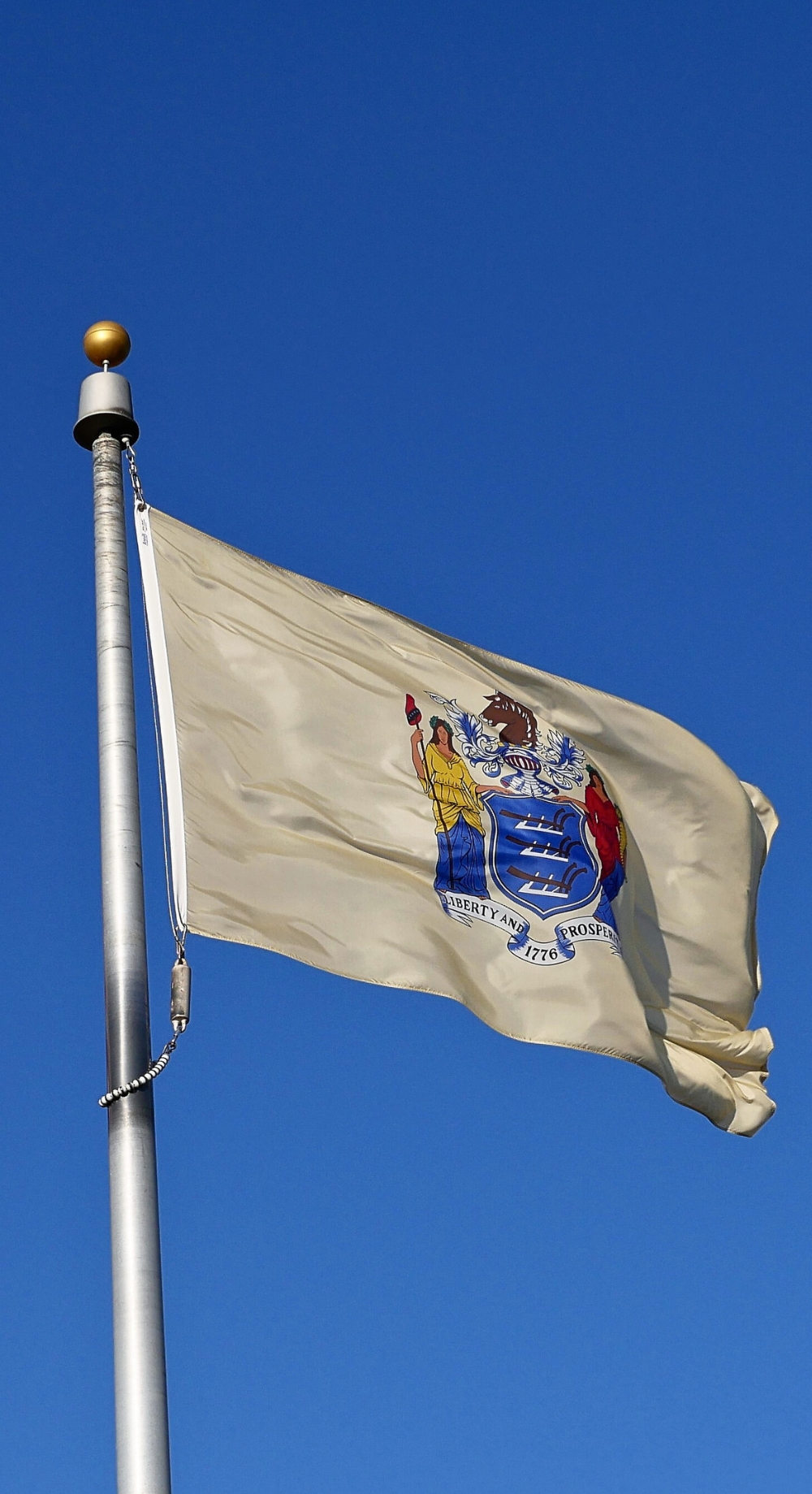
The weather in Berkeley Heights plays a key role in pest activity. Hot, humid summers and rainy spring months create perfect conditions for mosquito breeding in low-lying areas, storm drains, and water-collecting features. Ticks are most active during spring and fall, especially in wooded backyards, hiking trails, and overgrown vegetation. While winters are cold, warm spells can trigger early mosquito hatching, making seasonal treatments essential.
Mosquitoes and Proximity to Natural Features: Passaic River corridors, parkland, and wetland areas contribute to high mosquito activity in warmer months.
Ticks and Dense Vegetation: Wooded trails, shaded yards, and garden beds throughout the township support tick habitats during spring and fall.
